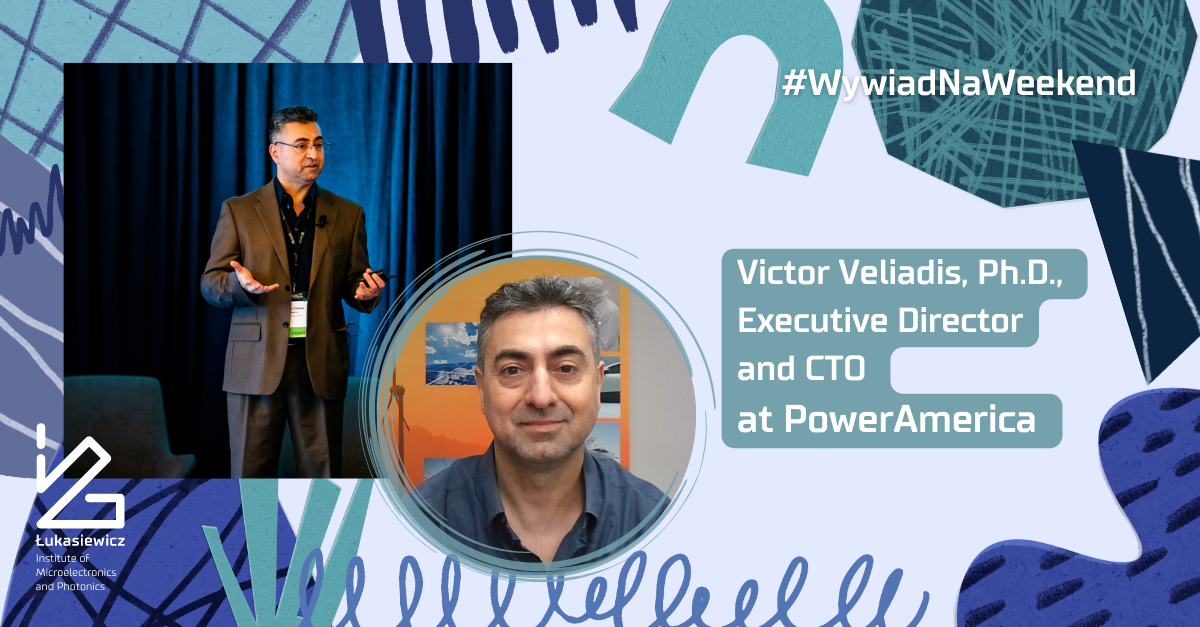W 1990 roku dr Victor Veliadis miał pojechać na ledwie 2 lata do Stanów Zjednoczonych, ale – jak sam mówi – zapomniał wrócić. Został tam na stałe, by po latach wybrano go na Dyrektora Zarządzającego i Dyrektora ds. Technologii PowerAmerica – konsorcjum, które skupia największe umysły w przemyśle półprzewodnikowym. Poznajcie go, bo to zarówno świetny umysł, jak i rozmówca!
Wywiad został przeprowadzony w języku angielskim, nie tłumaczyliśmy go:
Hello Mr. Veliadis, why semiconductors? What do you find so interesting in this field?
As a school student, I did love math and physics. There was a lot of logic behind them and science was of great interest to me. I would spend a lot of time working on math problems on my own, solving equations, learning geometry, and then I started studying electricity and that was of course fascinating; so that set me on the path to study electrical engineering.
When you study electrical engineering, there is a very wide range of areas you can specialize in: you can work on image processing, on audio, communications and signal processing, power systems, semiconductors, etc. I chose semiconductors primarily because they are omnipresent. They are the source of everything technical we have working in the world today from our cars, our televisions, our computers, and phones, our industrial infrastructure, to the way our appliances are powered and controlled. Thus, semiconductor technology triggered my curiosity. Because my thought was: if I learned how semiconductors worked, I would understand most of the technical world.
When I see a monitor, when I see a computer, even a kitchen appliance like a mixer or blender, all consumer electronics I see, I have a good understanding of what powers them and makes them run. When it comes to cars, I might not be an expert in mechanical aspects but I understand the electronics that are becoming more and more prevalent. When I started my University studies back in 1985, electrification was not as widespread as it is today. In the end, I made an investment in learning that is paying off since now the world is rapidly being electrified.
When you study electronics you don’t only learn hardware, you also learn software. So when I press the buttons to type something or to open a window on my computer or phone I can visualize the commands down to the “1s”and “0s” of the underlying machine language. When I see an electrical vehicle I visualize the power electronics, the electric motor, the inverter, the onboard charger, all these components I understand well. It is very exciting. Because of my training, everything I see I approach as an engineer. How does it work? Is it efficient? Can it be made better using less energy? How can I make it more efficient? This is always in the back of my mind: optimization for higher efficiency.



